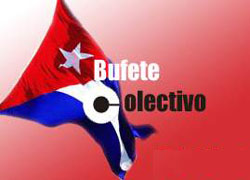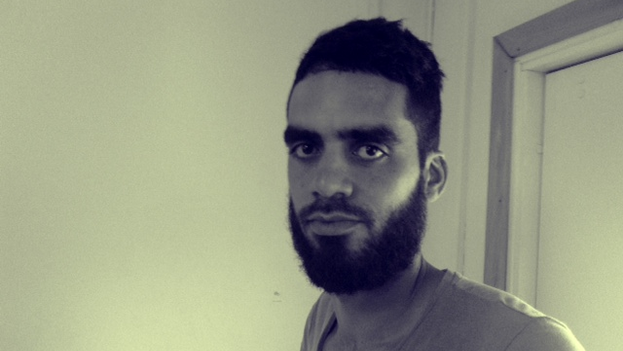
14YMEDIO, Havana, 29 December 2014 — On Monday, the independent group CubaLex filed a petition for habeas corpus in the case of artist Danilo Maldonado, El Sexto. In a document addressed to the Provincial Tribunal of Hanvana, the lawyers urge that the arrestee’s rights be respected and also that he be permitted a proper defense. Police have informed the relatives of the prisoner that all trials scheduled for the upcoming days, including that of the artist initially scheduled for next Wednesday, the last day of 2014, are delayed until the new year.
El Sexto was arrested December 25 shortly before carrying out a performance which consisted of releasing two pigs with the names of “Fidel and Raul” in a public square. He is charged with contempt. continue reading
Although the artist had told several friends of his desire to keep the exact date of the performance discreet, the police managed to find out and stopped the car in which he was traveling to the site. At first he was taken to the 4th Precinct Police Station at Infanta and Manglar, and then they transferred him to Zapata and C Station in Vedado, where he remains now.
Lawyer Laritza Diversent in conversation with 14ymedio has emphasized that she believes that “in this case they chose the date of December 31 with a malevolent intention because it is difficult to find a lawyer who wants to participate in a trial.” Nevertheless, Cubalex is advising El Sexto’s relatives to hire a lawyer from a collective firm as soon as possible. If they do not manage it in the next few hours, El Sexto would run the risk of being tried without the presence of his defender.
Habeas corpus is a legal institution that seeks to “prevent arbitrary arrests and detentions.” Its fundamental principal is the obligation to bring all arrestees before a judge within a short time period. In the case of El Sexto, today, Monday, marks four days since his arrest and incarceration.
Translated by MLK

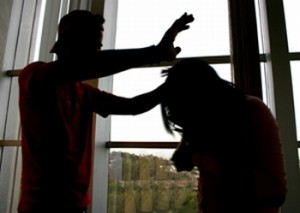

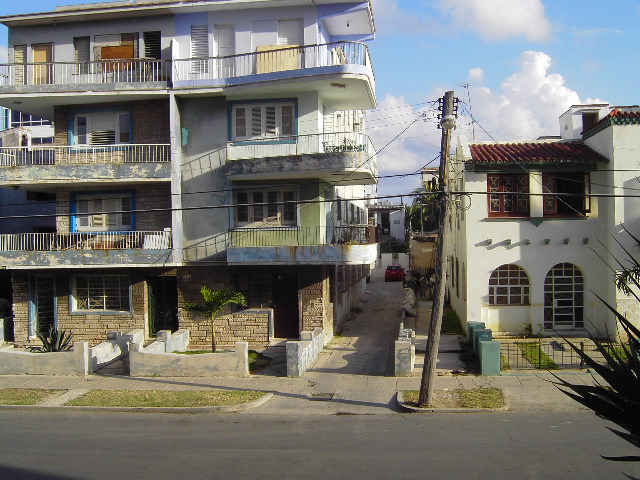

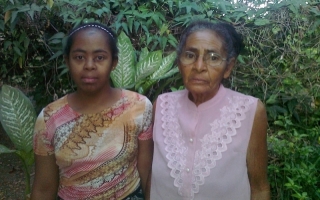
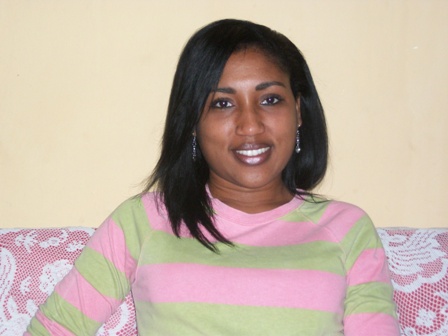
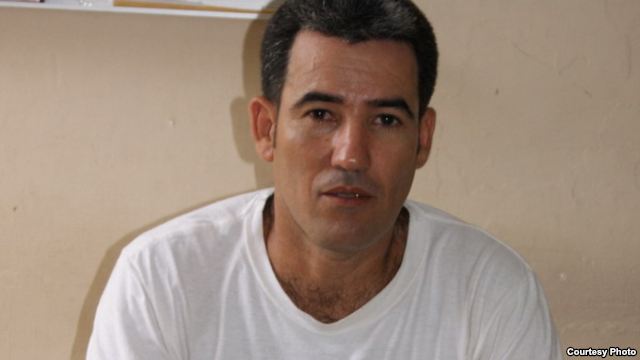
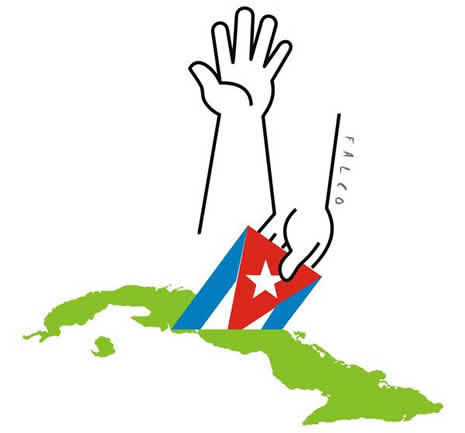 By Yaremis Flores
By Yaremis Flores
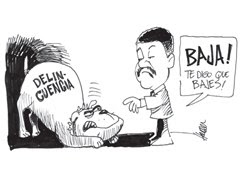 By Yaremis Flores
By Yaremis Flores